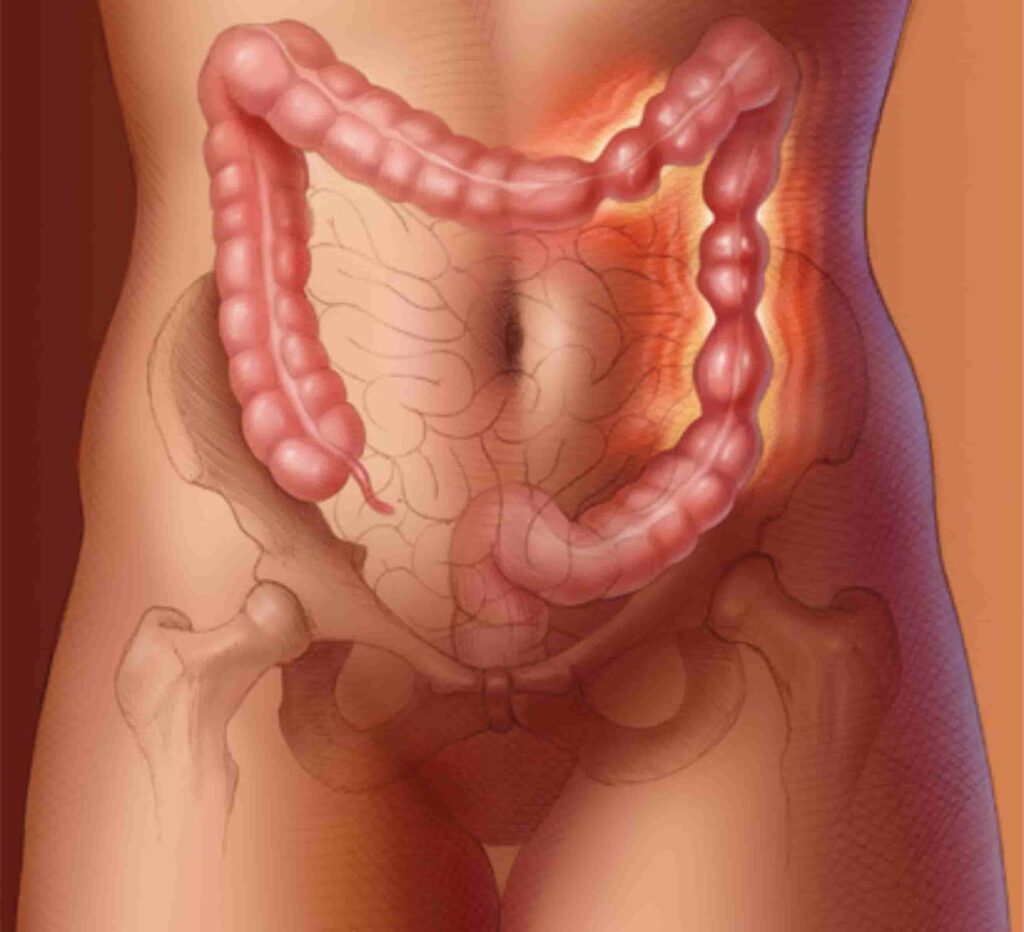The Therapeutic Potential of Medical Marijuana in Managing Irritable Bowel Syndrome
Irritable Bowel Syndrome (IBS) is a common gastrointestinal disorder characterized by abdominal pain, bloating, and altered bowel habits. Despite its prevalence, effective treatment options for IBS remain limited, leading many patients to explore alternative therapies. One such emerging avenue is the use of medical marijuana, a topic that has gained attention in recent years due to its potential therapeutic benefits. This article explores the relationship between medical marijuana and irritable bowel syndrome, examining the current state of research, potential mechanisms of action, and the challenges and opportunities associated with this alternative treatment approach.
Understanding Irritable Bowel Syndrome:
IBS is a chronic functional gastrointestinal disorder that affects the large intestine. Its symptoms can vary widely among individuals and may include abdominal pain, cramping, bloating, gas, diarrhea, and constipation. The exact cause of IBS is unknown, and it is often considered a multifactorial condition influenced by genetic, environmental, and psychological factors.
Traditional Treatment Approaches and Limitations:
Conventional treatments for IBS typically focus on symptom management and may include dietary modifications, lifestyle changes, medications, and psychological therapies. However, these approaches do not provide consistent relief for all patients, and some individuals may experience side effects or find the treatments insufficient in addressing their symptoms. As a result, there is a growing interest in exploring alternative therapeutic options, including medical marijuana.
The Endocannabinoid System and its Role in IBS:
The endocannabinoid system (ECS) plays a crucial role in regulating various physiological processes, including gastrointestinal function. This system consists of cannabinoid receptors (CB1 and CB2), endocannabinoids (endogenous cannabinoids produced by the body), and enzymes responsible for their synthesis and degradation. The ECS is involved in modulating pain, inflammation, and gut motility, making it a potential target for therapeutic interventions in conditions like IBS.
Cannabinoids and Their Effects on IBS:
Cannabinoids are chemical compounds found in the Cannabis sativa plant. The two primary cannabinoids of interest are delta-9-tetrahydrocannabinol (THC) and cannabidiol (CBD). THC is responsible for the psychoactive effects of marijuana, while CBD is non-psychoactive and has been associated with various therapeutic properties.
- Pain Modulation: One of the hallmark symptoms of IBS is abdominal pain. Cannabinoids, particularly THC, have demonstrated analgesic properties by interacting with CB1 receptors in the central nervous system. This interaction can modulate pain perception and provide relief to individuals experiencing abdominal discomfort associated with IBS.
- Anti-inflammatory Effects: Chronic inflammation is thought to contribute to the pathophysiology of IBS. Both THC and CBD have demonstrated anti-inflammatory effects through different mechanisms. CBD, in particular, interacts with CB2 receptors, which are found in abundance in the gastrointestinal tract, potentially reducing inflammation and its associated symptoms.
- Gut Motility and Function: Imbalances in gut motility are common in IBS, leading to diarrhea or constipation. The ECS influences gastrointestinal motility, and cannabinoids may help regulate these processes. THC has been associated with increased gut motility, potentially aiding individuals with constipation-predominant IBS, while CBD may have a modulating effect on gut motility, benefiting those with diarrhea-predominant symptoms.
Clinical Studies and Evidence:
While there is a growing body of preclinical and anecdotal evidence supporting the use of medical marijuana in IBS, clinical studies are still limited. Research exploring the efficacy, safety, and optimal dosages of cannabinoids for IBS management is essential. Some studies have suggested potential benefits, but more rigorous, well-designed trials are needed to establish the therapeutic role of medical marijuana in IBS conclusively.
Challenges and Considerations:
Despite the potential benefits, several challenges surround the use of medical marijuana for IBS:
- Lack of Standardization: The composition of medical marijuana products can vary widely, making it challenging to establish standardized treatment regimens. Standardization is crucial for ensuring consistent dosages and therapeutic effects.
- Legal and Regulatory Issues: The legal status of medical marijuana varies globally and within different regions. Regulatory challenges hinder both research efforts and patient access to medical marijuana as a treatment option.
- Side Effects and Safety Concerns: While generally well-tolerated, medical marijuana can cause side effects such as dizziness, dry mouth, and cognitive impairment. Long-term safety concerns, especially regarding the potential impact on cognitive function and mental health, need further exploration.
- Individual Variation in Response: Responses to cannabinoids can vary significantly among individuals, making it challenging to predict the effectiveness of medical marijuana for a particular patient.
Conclusion:
The exploration of medical marijuana as a potential treatment for Irritable Bowel Syndrome represents a promising avenue, given the complex interplay between the endocannabinoid system and gastrointestinal function. While preclinical and anecdotal evidence suggests that cannabinoids may offer therapeutic benefits, further well-designed clinical trials are necessary to establish their efficacy, safety, and optimal dosages for IBS management.
As research in this field progresses, addressing challenges related to standardization, legal and regulatory issues, side effects, and individual variation in response will be crucial for integrating medical marijuana into the mainstream treatment approach for IBS. With continued scientific inquiry and a commitment to evidence-based medicine, the potential benefits of medical marijuana in managing IBS could provide relief for many individuals who have struggled to find effective solutions within conventional treatments.

Dr. Nicholas Marsh has been a respected board-certified anesthesiologist in Northern Virginia for over 35 years. Recognized as a top doctor by FindaTopDoc.com, his vision for providing top-quality medical services is driven by his passion for patient comfort and dignity.

